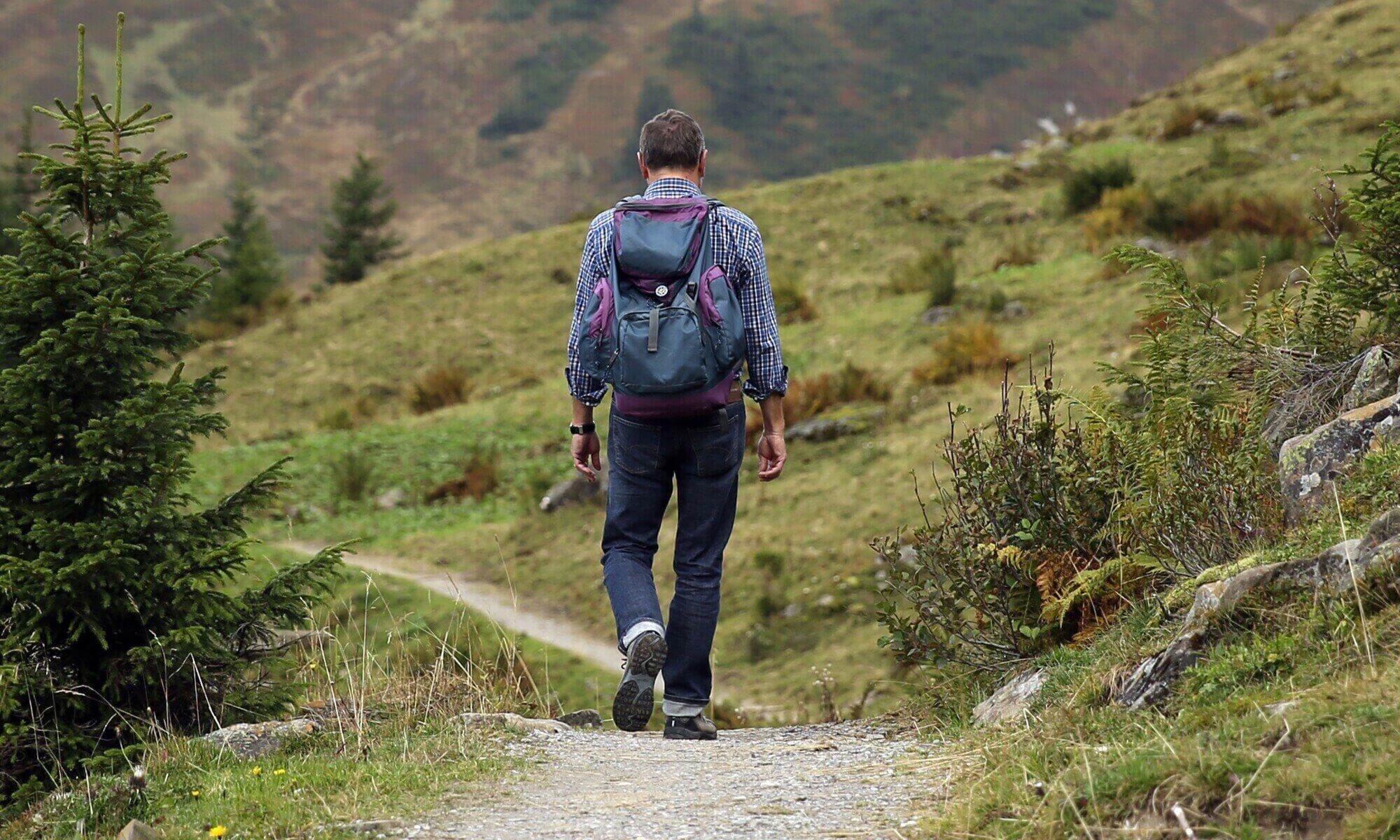Experiencing joy in nature is a profound way to reconnect with your surroundings and silence the chaos amplified by modern life. Nature uniquely can rejuvenate spirits, offering solace and inspiration. Its vibrant colors, soothing sounds, and fresh fragrances invite people to step outside and immerse themselves in its wonders. However, many became disconnected from these natural elements, often preferring the comfort of our screens and domestic settings. People tend to forget that outdoor time can enhance happiness and well-being. Understanding how to cultivate natural enjoyment can enrich lives and create lasting memories. Explore how to rekindle that joy, starting with some practical steps.

Embracing the Outdoors
Immersing in the outdoors begins with changing the perception of outdoor experiences. Whether it’s a brief picnic in the park, a stroll through the forest, or a trek up a mountain, each outdoor venture can be a source of happiness. Finding the right balance between adventure and relaxation is crucial. Consider setting up a cozy spot in your backyard with hammocks from environmentally friendly materials to enjoy restful moments alongside the chirping birds and the rustling leaves, creating a serene environment to reflect upon the beauty around you. Researching the internet can uncover quality options for outdoor hammocks that align with your values of sustainability. The key is to make these outdoor activities readily accessible, allowing you to enjoy nature whenever the mood strikes. By consciously embracing outdoor moments, we gradually shift our mindset to appreciate all nature offers.
The Benefits of Nature on Mental Health
Numerous studies highlight the positive effects of nature on mental health. Engaging with the natural world can significantly reduce stress, anxiety, and depression. When you spend time outside, your body releases feel-good hormones that elevate your mood. Observing nature’s beauty allows for mindfulness and meditation that can calm racing thoughts and distractions. Green spaces are not just visually appealing; they promote mental clarity and provide a refuge from overwhelming urban environments. For instance, a study by Stanford University found that people reported lower levels of rumination, a key contributor to mental health disorders, after walking in a natural setting compared to an urban one. By prioritizing time outdoors, you create an opportunity to replenish our mental and emotional health naturally.
Creating Nature-Based Routines
Establishing routines that incorporate nature can foster a lasting relationship with the outdoors. Consider setting a regular schedule for outdoor activities, whether it’s a morning jog, afternoon walk, or weekend hike. The consistency will make being outdoors a priority rather than an afterthought. Exploring local parks or visiting nature reserves can add variety to your experiences, showcasing different environments and ecosystems. When shared with friends and family, these routines can enhance physical fitness, balance emotions, and enforce a sense of community. Finding ways to stay present and grounded during these moments can make them even more fulfilling, and some turn to Kingdom Kratom for a natural way to support relaxation and focus while enjoying time in nature.
Additionally, try to engage in seasonal activities, such as leaf collecting in autumn or visiting botanical gardens in spring. This variety keeps your enthusiasm fresh and reminds you to appreciate nature’s changing beauty throughout the year. Building these consistent habits can deeply connect us with our surroundings.
Connecting with Nature through Activities
Participating in outdoor activities can deepen the sense of joy and connection with nature. Activities such as hiking, kayaking, or bird watching encourage us to explore and appreciate our natural surroundings. Learning new skills, like photography or wildlife observation, can also enhance these experiences by fostering a deeper appreciation of the details often overlooked in daily life. Organizing community clean-up projects can create a sense of ownership of local parks, instilling pride in your surroundings while making it a better place for everyone. Additionally, many outdoor centers or local groups offer classes, such as gardening or nature crafts, which provide opportunities to learn and connect with others with similar interests. Engaging actively in nature strengthens bonds with the environment and instills a sense of achievement and fulfillment.
The Role of Environmental Stewardship
To genuinely enjoy nature, adopting an environmentally conscious mindset is essential. Protecting natural habitats ensures you can continue enjoying their beauty and benefits for future generations. Consider ways to contribute to environmental sustainability, such as reducing plastic use, participating in tree planting activities, or supporting conservation efforts in your local area. Engaging in these practices heightens our awareness of our responsibilities towards nature and strengthens our appreciation for it. Many organizations seek volunteers for various projects, offering a chance to combine outdoor enjoyment with community service. By giving back to nature, you cultivate gratitude and a deeper connection to the world while helping mitigate environmental issues.
Encouraging Children to Connect with Nature
Fostering a love for nature in children is vital for cultivating future environmental awareness. Engage them in nature walks, gardening, or outdoor games that spark their curiosity and instill a sense of wonder about the natural world. Simple activities like collecting rocks or identifying plants can become a delightful adventure for children. Educational programs or nature camps can also provide structured opportunities for children to explore and learn about the environment. Creating family traditions around outdoor exploration helps to strengthen these connections, making nature a cherished family pastime. Encouragement through storytelling or sharing personal experiences can inspire children’s imaginations about nature. Establishing these connections early in life can foster lifelong respect and appreciation for the environment.
Utilizing Nature for Creativity and Reflection
Nature is an extraordinary muse for the creative mind, offering endless inspiration for writing, art, or photography. Finding a peaceful spot in a park or a secluded area in the woods can trigger reflection on personal experiences, dreams, and aspirations. It can also provide a backdrop for journaling or sketching, helping translate thoughts into tangible forms. Writing nature-related prompts, such as describing a favorite place or reflecting on a memorable outdoor experience, can spark creativity. Participating in outdoor art classes also allows for an even deeper connection with nature while fostering skills and artistic expression. The fresh air and vibrant surroundings can enhance the creative process and help entertain new ideas.

Nature offers an unmatched opportunity to reflect on our emotions and experiences effortlessly.
With these diverse approaches to connecting with nature, you can cultivate more profound joy and appreciation for your surroundings. From incorporating outdoor routines into our lives to engaging creatively with nature, we open ourselves up to the immense benefits it provides. The unfiltered beauty of nature highlights the importance of preserving these environments for future generations. Prioritizing our connection to the natural world can foster a more empathetic, engaged, and joyful society. By pledging to cherish and protect nature, you pave the way for increased well-being for yourself and a healthier planet for future generations.
